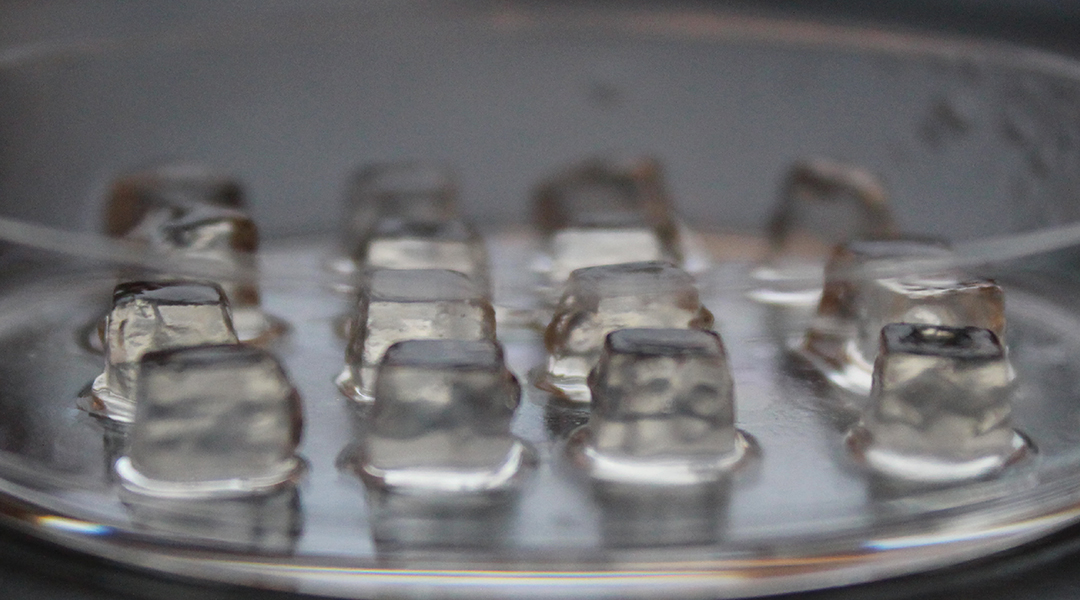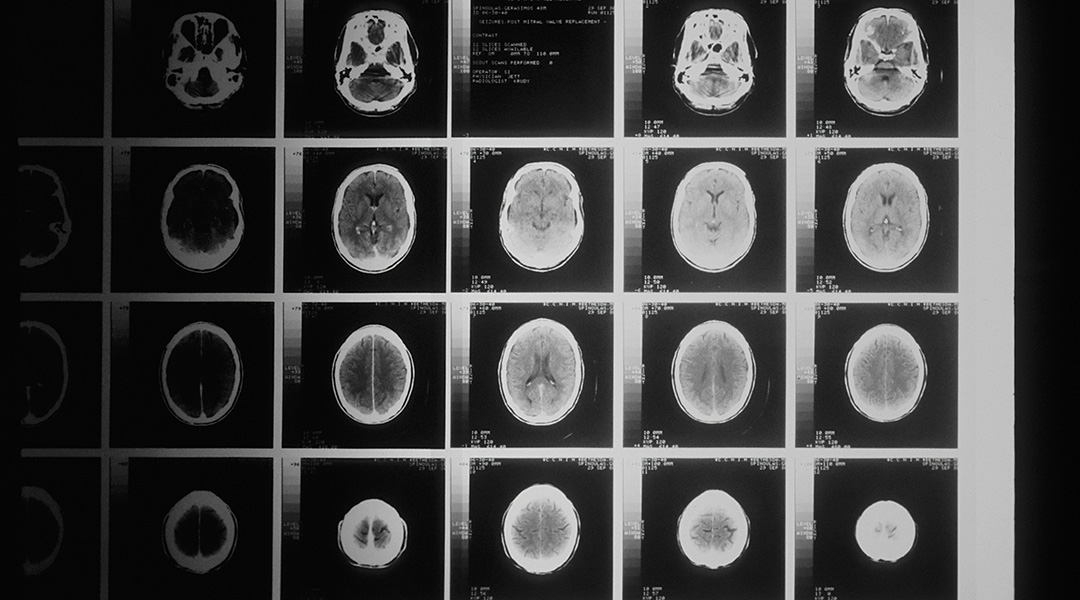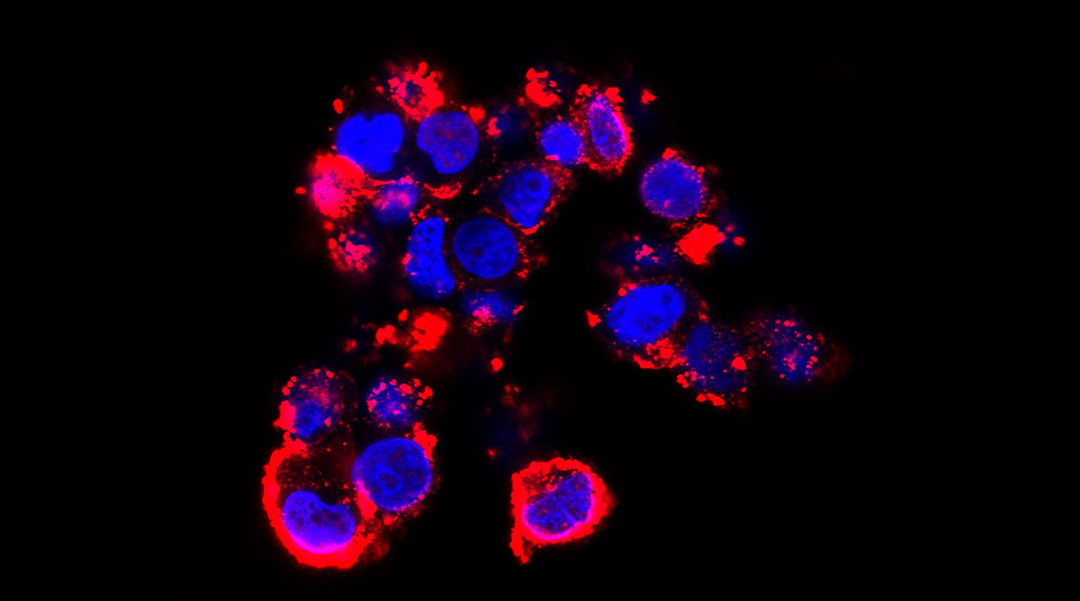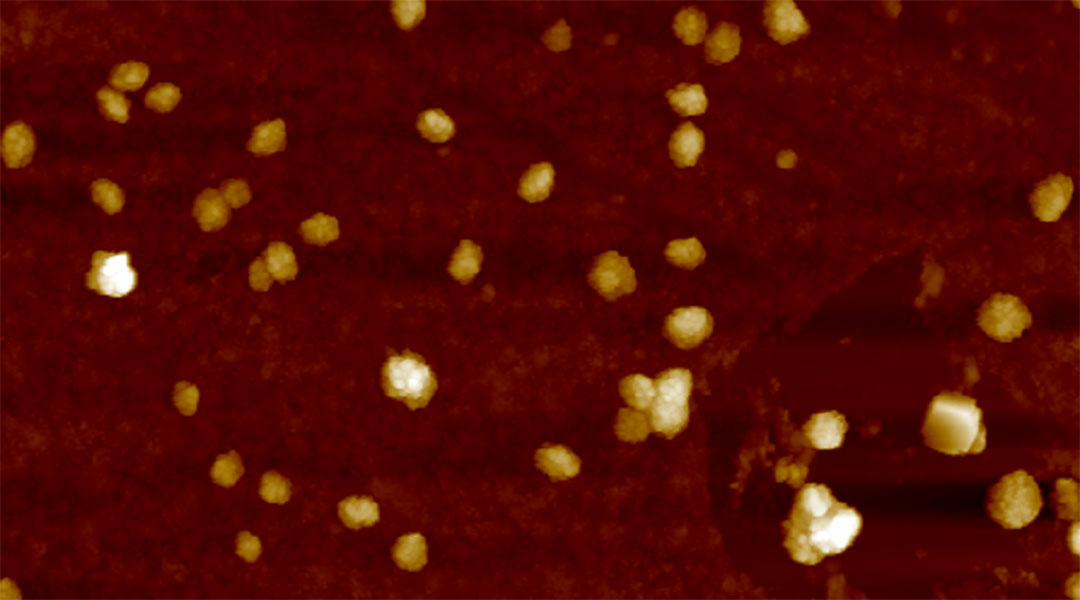Chemicals found in fire extinguishers have been linked to mutations in brain tumors of firefighters.


Chemicals found in fire extinguishers have been linked to mutations in brain tumors of firefighters.

Inhaled xenon gas reduced neuroinflammation, brain atrophy, and boosted protective neurons in mouse models of Alzheimer’s.

Scientists have solved a centuries-old mystery that could help develop new forms of non-invasive brain therapy.

Scientists have discovered that human and dog brain waves synchronize during social interactions, offering new insights into our unique bond.

Mimicking one of the body’s most complex organs isn’t easy, but researchers are making progress.

A neural network was able to evaluate connections between brain structure and clinical data to predict psychiatric disorders in youth.

Nanoparticles deliver anti-cancer drugs in hard-to-reach brain tumors prevalent in children, boosting both diagnosis and treatment.

This new brain–computer interface detects weakened brain signals and boosts them to healthy levels, potentially reversing cognitive aging in the brain.

Peptide-laden vesicles light up in the presence of amyloid beta, providing an early diagnostic test (and possible treatment) for Alzheimer’s.

A new study finds that amyloid beta, a culprit in Alzheimer’s disease, is important for maintaining a healthy liver.